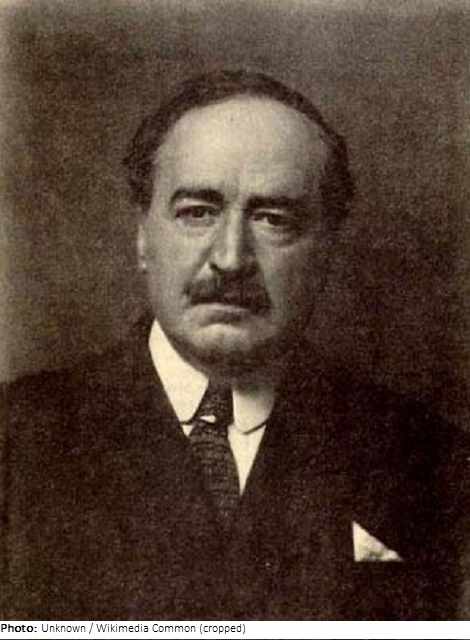Vicente Blasco Ibáñez

Biographical information
| Roles | Referee |
|---|---|
| Sex | Male |
| Full name | Vicente•Blasco Ibáñez |
| Used name | Vicente•Blasco Ibáñez |
| Born | 29 January 1867 in Valencia, Valencia (ESP) |
| Died | 28 January 1928 in Menton, Alpes-Maritimes (FRA) |
| NOC |  Spain Spain |
Biography
Vicente Blasco Ibáñez was a Spanish writer and politician. He studied law at the University of Valencia and soon after joined the Republican Party. In Paris, where he was forced to live in exile for some time, he became acquainted with French naturalism, which had a strong influence on his later works. In 1894, he founded the daily newspaper El pueblo, which was to become his political platform. He gained enormous prestige, especially in Valencia, due to his struggle against the Spanish governments of the Bourbon Restoration.
After being convicted, imprisoned, and exiled again, Blasco Ibáñez returned to Spain in 1898, where he was elected to the Spanish Cortes for six legislative terms. In 1908 he decided to retire from politics and went to Argentina. After a few years, however, he returned and settled again in Paris. There, in 1914, he wrote his best-known work, Los cuatro jinetes del Apocalipsis (The Four Horsemen of the Apocalypse). In 1921, he decided to move to Nice, where he wrote his last novels, which were better received by the public than some of his earlier works. After his death, his body was relocated to Spain, after the country had become a republic in 1933.
Blasco Ibáñez was an important representative of Spanish naturalism and was primarily interested in drawing attention to social and political discord. His unique imagination and extremely detailed descriptions of landscapes and people made him one of the most widely read and translated authors of Spanish literature at the time. His books were frequently made into films including the two Rudolph Valentino films The Four Horsemen of the Apocalypse (1921) and Blood and Sand (1922). Another well-known film adaptation is The Temptress (1926) with Greta Garbo.
Referee
| Games | Sport (Discipline) / Event | NOC / Team | Phase | Unit | Role | As | |
|---|---|---|---|---|---|---|---|
| 1924 Summer Olympics | Art Competitions |  ESP ESP |
Vicente Blasco Ibáñez | ||||
| Literature, Open (Olympic) | Final Standings | Judge |